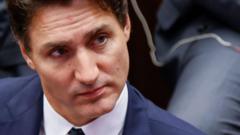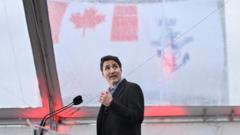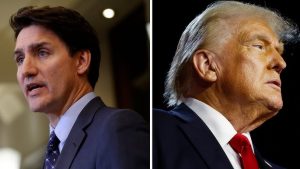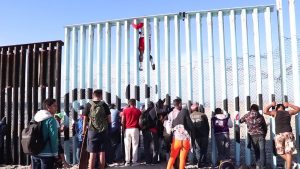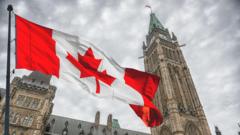In a surprising move, Deputy Prime Minister Chrystia Freeland has stepped down from her cabinet role just before addressing border security commitments with the U.S. Her resignation hints at tensions with Prime Minister Trudeau as she highlights attempts to push her out of the position.
Chrystia Freeland Resigns as Canada’s Deputy Prime Minister and Finance Minister

Chrystia Freeland Resigns as Canada’s Deputy Prime Minister and Finance Minister
Chrystia Freeland's sudden resignation raises questions about her relationship with Prime Minister Justin Trudeau and the government's future direction.
Chrystia Freeland, the Deputy Prime Minister of Canada, has resigned from her position as finance minister, a decision that has taken many by surprise considering its timing. Her resignation letter was addressed to Prime Minister Justin Trudeau and was revealed just hours before she was set to present the government's plans for enhancing border security with the United States.
Freeland has played a significant role in Canadian politics, notably in leading the country’s negotiations to renegotiate the North American Free Trade Agreement with the Trump administration. Her departure, particularly under the circumstances mentioned in her resignation letter, suggests underlying tensions within the Liberal government.
Sources indicate that Freeland asserted in her letter that Trudeau made efforts to push her out of her cabinet position the previous week, which raises questions about the ongoing dynamics and future direction of the government. This resignation could reflect broader challenges within the Liberal Party and the relationships among its senior leaders.
As the political landscape in Canada continues to evolve, the implications of Freeland’s departure and Trudeau's management of his cabinet will likely be closely observed, particularly in the context of U.S.-Canada relations. This is a developing story, and the impact of this resignation on Canada’s political climate remains to be seen.



